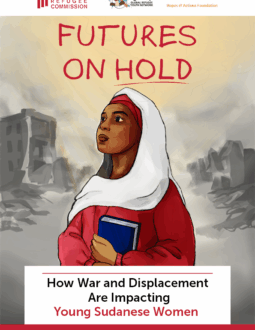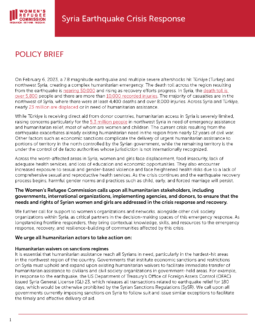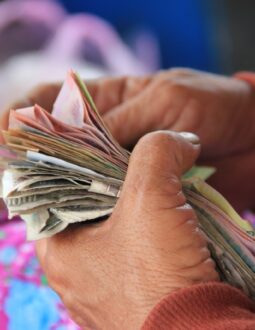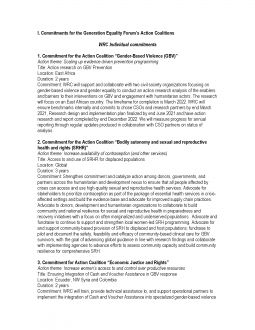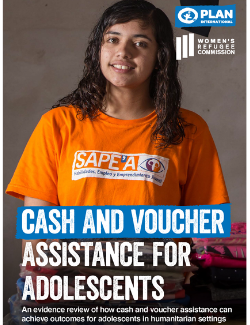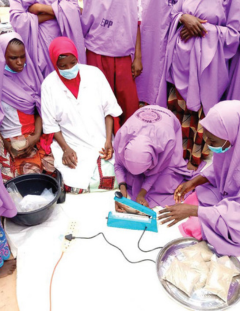
Advancing Economic Empowerment for Gender-Based Violence Survivors Resource Hub
PublishedDisplaced and conflict-affected women and girls are disproportionately affected by both gender-based violence (GBV) and economic marginalization, rooted in gender inequality. GBV and economic marginalization can affect each other as well. GBV can negatively impact the economic capacity of GBV survivors and the lack of opportunities for economic self-reliance can push GBV survivors to remain in abusive or vulnerable situations to meet basic needs, exposing them to further risks. As women and girls continue to face these challenges in increasing global conflicts, it is imperative to explore new ways of supporting survivors and women at risk of GBV in these settings.
Working with local actors in Jordan, Lebanon, Niger, and Uganda from 2021 to 2024, the Women’s Refugee Commission (WRC) and the Danish Refugee Council (DRC) partnered to pilot an innovative and participatory approach to generate more evidence on localized and integrated models of GBV and economic recovery programming. Using a novel localization model aimed at sharing knowledge and strengthening capacities between international and local actors, Local Anchor Groups (LAGs) were established in each country. Through joint capacity-building and global guidance, the LAGs designed and piloted integrated GBV and economic recovery programs to economically empower GBV survivors.
The LAGs consisted of local humanitarian actors, national and international non-governmental organizations, United Nations agencies, and local and national government, representing both GBV and Economic Recovery sectors. Based on internal knowledge sharing and comprehensive capacity-strengthening activities, the LAGs developed contextualized Theory of Change (ToC) models to reduce GBV risks and advance economic empowerment of displaced GBV survivors in their communities. In the final year of the program, a few LAG members received flexible funding to pilot an integrated GBV-Economic Recovery program, based on the LAG’s ToC.
The resources shared below present the tools, guidance, briefs and reports generated under this program, including findings from five local pilot programs that integrated GBV and economic recovery programming in four countries and a global evaluation of the use of the LAG model for localization in three countries.
Reports
- Advancing Economic Empowerment of Survivors and Women at Risk of Gender-based Violence Using Innovative Approaches in Integrated Programming and Localisation: Findings across Jordan, Lebanon, Niger and Uganda
- A Way Forward: Landscaping Report on Integrated Gender-Based Violence and Economic Recovery Programming
Advocacy Briefs
- What Works? Integrating GBV and Economic Recovery Programming: Cross-cutting Findings and Recommendations from Pilot Programmes in Jordan, Lebanon, Niger and Uganda
- The Local Anchor Group Model: A New Approach to Localised and Integrated Programming
- Summaries of Four Pilot Programmes in Jordan, Lebanon, Niger, and Uganda


